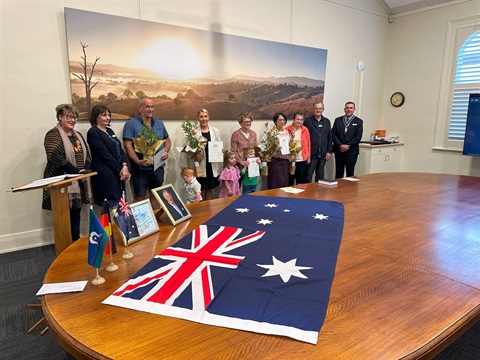The Royal Australian College of General Practitioners (RACGP) has called on government to back GPs and practice teams in managing future public health emergencies including pandemics.
It comes following the College’s submission to the federal Government’s COVID-19 Response Inquiry Panel (“the Panel”).
RACGP President Dr Nicole Higgins said that GPs and practice teams should never be forgotten.
“GPs must be formally recognised as frontline healthcare providers in pandemic preparation, response, and recovery,” she said.
“Anything less will compromise our ability to keep our communities safe. Unfortunately, GPs are not sufficiently embedded in the planning process, and we are, to some extent, treated as an afterthought. To change this, we need cross-jurisdictional and inter-agency collaboration, and for GPs and practice teams to always be front of mind.
“Practices must also be properly resourced so that we can do our jobs properly. At various times in 2020 and 2021 we felt like we were doing all we could with one arm tied behind our backs. Access and supply of personal protective equipment was an ongoing headache, and provisions should have been made to recognise GPs and practice teams as frontline healthcare workers to ensure we were protected with adequate supplies. In the years ahead, planning must include distribution channels for PPE that are responsive to local requirements.”
Dr Higgins also warned of the impact of onerous compliance campaigns.
“Compliance activity at the peak of the pandemic was the last thing hardworking GPs and practice teams needed during a stressful and desperate time,” she said.
“First, in early 2021, we were hit by a compliance campaign relating to new COVID-19 telehealth items, and then we were whacked with further compliance activity concerning COVID-19 vaccine administration. The fact sheet on the vaccine items was 27-pages long, and we were genuinely doing our best to understand the billing requirements and make sure we were claiming correctly. Yet the Department didn’t seem to care about any of this, and instead of focussing on education and the development of accessible, easy-to-understand resources that are widely promoted, we were targeted for potential compliance breaches.
“I call on government to give us a break. As we stressed in our submission to the Australian National Audit Office in June last year, this was very disruptive and placed undue pressure on GPs operating in a tense and uncertain environment. We were doing all we could to adapt and change our practice processes so that we could continue providing care to patients in our communities, and the timing and nature of the compliance activities was unnecessary and unhelpful. So, in future, please cut us some slack, and focus on education rather than officious compliance crackdowns.”
The RACGP President also said that important lessons could be learnt about information campaigns and targeting particular populations.
“Let’s learn from COVID-19 and make sure we are doing all we can to enhance public health knowledge,” she said.
“Governments should consider all populations, with no patients left behind. So, for example, at least initially, there was minimal accessible information for pregnant people about the risks if they or their baby contracted the virus. In future, we must make sure there are mechanisms to better target responses to the needs of people including Aboriginal and Torres Strait Islander patients, those from culturally and linguistically diverse backgrounds, refugees and asylum seekers, people in rural and remote areas, aged care residents, pregnant people, and patients with a disability.
“Misinformation about the virus and vaccine rollout, especially on social media, was a huge problem. We consistently called for the Government to fill the information vacuum and boost public awareness campaign efforts and this must be a priority for future public health events. The College stands ready to work with government and apply the lessons learned from this pandemic to best protect our communities in the years ahead.”
The RACGP has provided submissions to a number of consultations and inquiries relating to the impact of COVID-19 including the 2020 Senate inquiry into the COVID-19 response, the Royal Commission into Aged Care Quality and Safety on the Impact of COVID-19 on Aged Care Services, the ANAO audit of the COVID-19 vaccination program, and the inquiry into long-COVID and repeated COVID infections.
~








